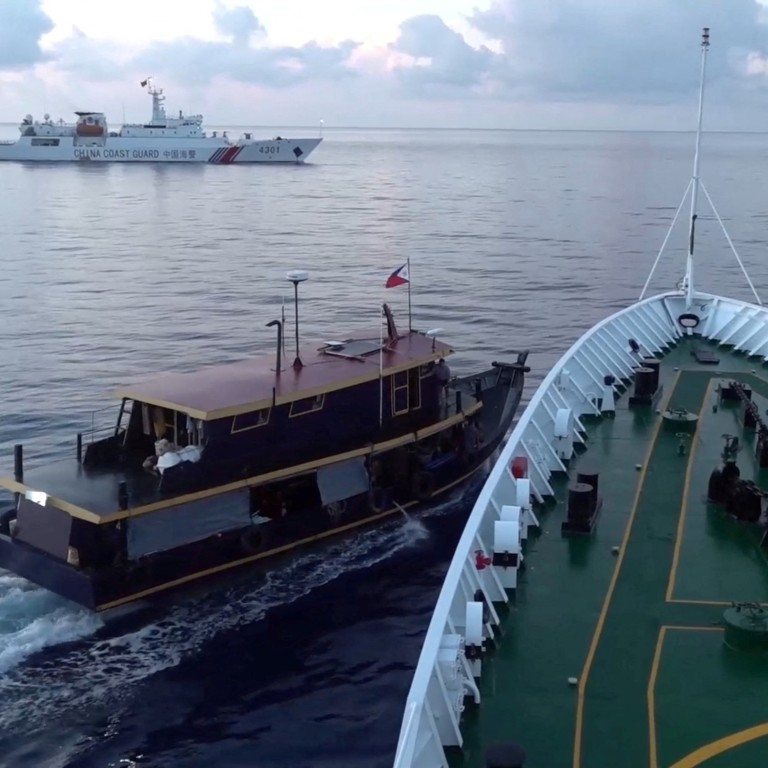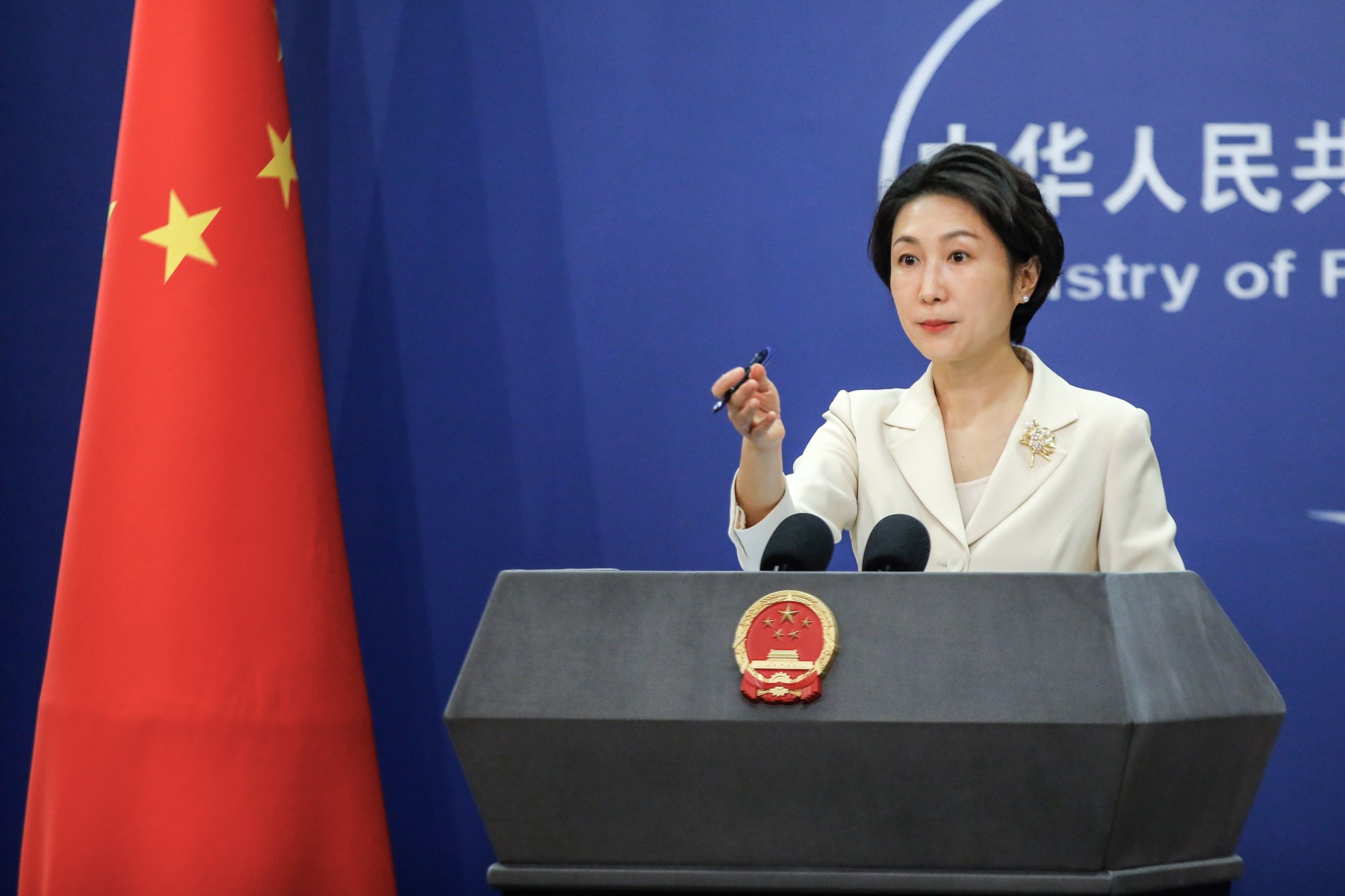
Beijing, Asean to start on third reading of South China Sea code of conduct
- China and regional bloc will ‘accelerate negotiations’, Chinese foreign ministry says
- Senior officials had ‘in-depth exchange of views’ and agreed to deepen cooperation
Chinese foreign ministry spokeswoman Mao Ning on Thursday said Beijing and the regional bloc would “accelerate negotiations so as to strive to reach at an early date an effective and substantive” code of conduct.
The comments came a day after senior officials from the region held talks in Beijing. Hong Liang, director general of the Chinese foreign ministry’s Department of Boundary and Ocean Affairs, co-chaired the meeting.
Mao said China and Asean members had an “in-depth exchange of views” on the situation in the South China Sea and officials agreed to deepen cooperation in areas including maritime scientific research, environmental protection, and maritime law enforcement activities.
“Parties were of the view that upholding peace and stability in the South China Sea is of vital importance and called on all sides to exercise restraint, strengthen exchanges, and handle differences appropriately, so as to safeguard maritime stability,” she said.
Progress on the code of conduct has been slow but countries have made efforts in recent months to accelerate negotiations. Beijing claims almost the entire resource-rich South China Sea but its claims are disputed by Asean members the Philippines, Vietnam, Malaysia and Brunei.
The development also came as regional countries voice growing concerns over China’s actions in the disputed waters.
Philippine authorities said China’s actions were “provocative”, and that the Chinese maritime vessels “harassed and intentionally hit” the Philippine boats. President Ferdinand Marcos Jnr has ordered the coastguard to investigate the collisions.
China’s coastguard maintains that the Philippine resupply boat had ignored repeated warnings and “deliberately stirred up trouble” by running into a Chinese fishing boat.
US President Joe Biden said Chinese vessels had “acted dangerously and unlawfully”, warning that Washington would be forced to intervene if China attacked Philippine boats.
“I want to be very clear: the United States’ defence commitment to the Philippines is ironclad,” he said. “Any attack on the Filipino aircraft, vessels, or armed forces will invoke our Mutual Defence Treaty with the Philippines.”
Mao, the Chinese foreign ministry spokeswoman, later said Washington had “no right to get involved in a problem between China and the Philippines”.

Collin Koh, a senior fellow at the S. Rajaratnam School of International Studies in Singapore, noted that officials had previously agreed to conclude negotiations on the code of conduct by 2026.
He said the parties involved had been eager to restart negotiations after the post-pandemic reopening of borders. “In no small part, the South China Sea flare-ups also contributed to that sense of urgency,” he said.
But as China and regional countries push ahead with the process, Koh said it could be an arduous road ahead, with some differences yet to be resolved. They include the geographical scope of the code of conduct and whether it should be a legally binding document.
Koh also said incidents in recent years involving China and Southeast Asian countries such as Indonesia, Malaysia and the Philippines could have undermined trust and confidence.
“The post-Covid atmosphere, further dampened by recent flare-ups in the South China Sea, might not be conducive for the negotiations even though there’s mutual recognition to get the code done,” he said. “I’ll surmise the talks to be more difficult and potentially more divisive.”

